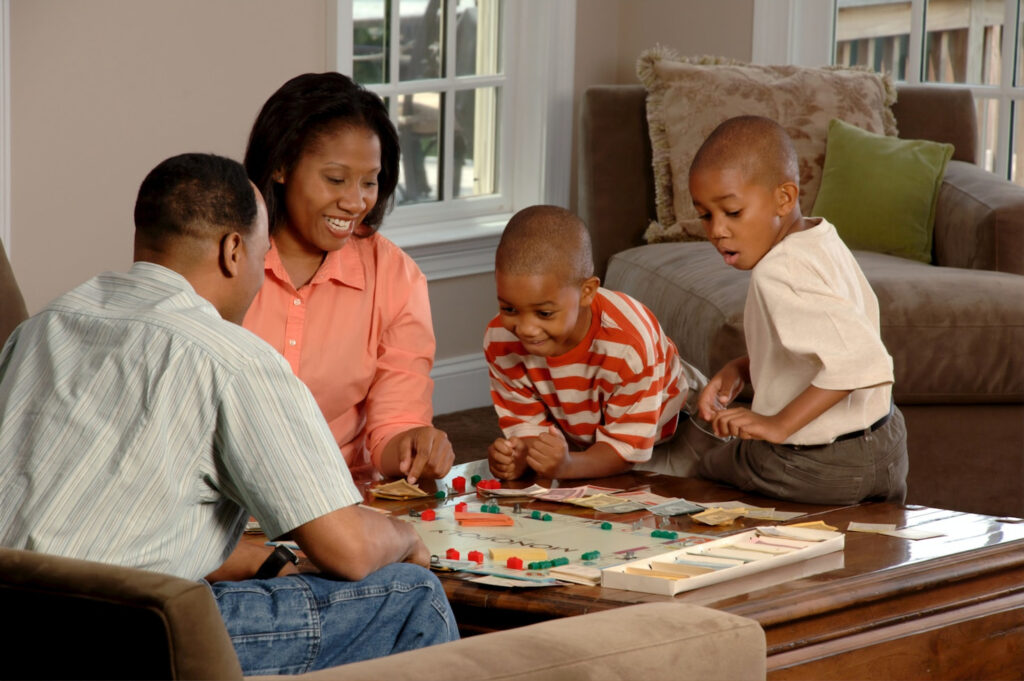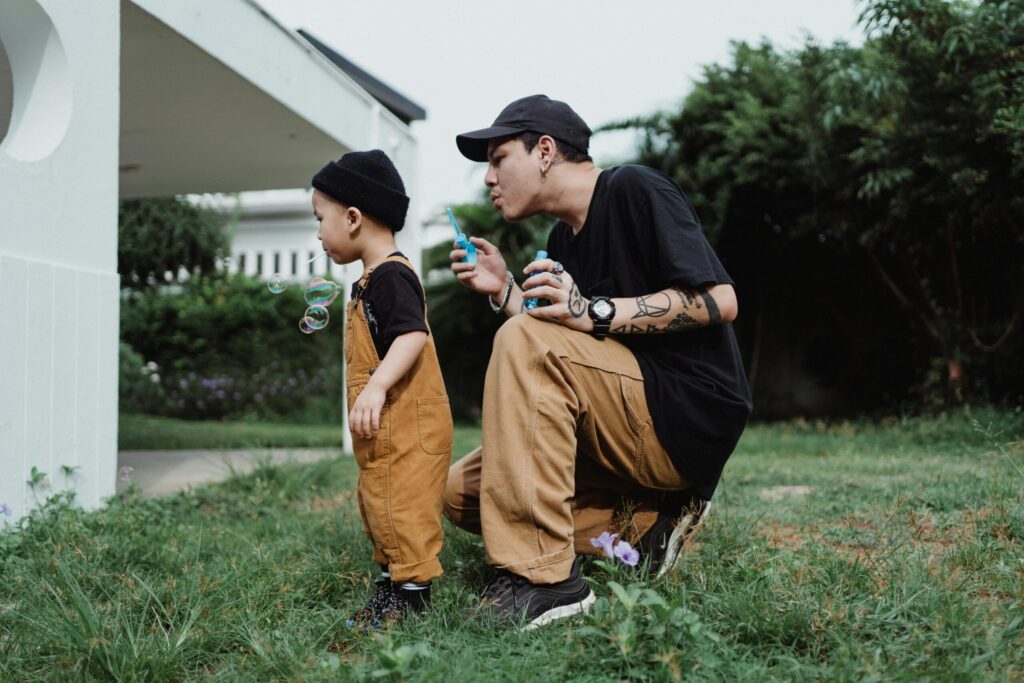Your cart is currently empty!
As the school year winds down and summer inches in, life gets busy fast—end-of-year events, changing routines, and the constant motion of caregiving can make it feel impossible to stay grounded.
But amid the chaos, your peace still matters.
Taking time for yourself doesn’t have to mean hours alone or luxury retreats. It can be as simple—and sacred—as a few intentional moments with yourself: prayer, silence, meditation, deep breathing. That said, these practices aren’t just luxuries—they’re lifelines. They sustain you, protect your peace, and create the foundation for your future self and family.
CAREGIVING AND THE POWER OF MINDFULNESS
Being mindful is about noticing what’s happening within and around you and staying present in the moment without judgment. And it goes a step further: Intention is about choosing how to respond, how to show up, and how to care for yourself on purpose. A 2019 study by Adkins-Jackson et al. found that Black caregivers—especially those navigating the daily weight of caregiving and systemic stress—benefit deeply from both mindfulness and self-care. These practices build resilience and reduce the impacts of chronic stress, even while carrying the daily responsibilities of others.
And here’s something powerful: having children or dependents wasn’t a barrier to self-care. In fact, it often increased caregivers’ commitment to it. That is, prioritizing your well-being while caring for others isn’t selfish—it’s sacred. It’s how we sustain ourselves and model wellness for the next generation.


LESSONS FROM KINSHIP CAREGIVERS
Additionally, more recent research by Washington et al. (2024) focused on African American informal kinship caregivers—often grandparents raising grandchildren—and affirmed that two practices stood out as most effective for reducing stress:
- Having a support network
- Prioritizing personal needs
Specifically, these caregivers leaned into their joy, maintained routines, and created space for themselves through music, movement, faith, or simply quiet time. One caregiver reflected, “Any time with my Creator is a good time.”
Others established a structure in their homes to preserve peace. For example, one grandmother shifted her bedtime routine to enjoy a moment of stillness before sleep, reading or simply being in silence. These stories are reminders: You don’t need hours. You just need a moment.
WHAT MINDFUL PARENTING REALLY MEANS
Mindful, intentional parenting isn’t about perfection. It’s about presence.
- It’s noticing your needs before burnout speaks for you.
- It’s modeling boundaries and self-love for your children.
- It’s choosing practices that feed your body, spirit, and mind—even in small ways.
Because our children are watching us. Not just to see if they’re safe—but to see if we’re okay. In the 2024 study, children expressed concern for their caregivers’ health, showing just how reciprocal this care truly is.
Final Thoughts: Reclaiming Your Time
Self-care is not selfish; it’s necessary. Especially for Black and Brown caregivers, who often navigate multiple layers of stress, responsibility, and systemic pressure. Caring for your own well-being is a radical and restorative act. So, you matter, too. The love you give so freely to others deserves to circle back to you. And it can.
Support networks are more than helpful—they’re healing. Being surrounded by people who pour back into you, who understand your journey, and who offer empathy without judgment, is vital. You don’t have to carry it all alone. Community care helps you refill your emotional cup and reminds you that your needs are not an afterthought.
In the hustle of daily life, routines can serve as anchors for peace. Even something as simple as ten minutes of quiet before bedtime (put down the phone!), or a short walk alone in nature in the morning, can create space for you to breathe and come “home” to yourself. These moments may seem small, but they are powerful acts of personal restoration.
And most importantly—remember, you are a living example. Your children and loved ones are watching how you treat yourself. When they see you rest, set boundaries, speak kindly to yourself, and choose wellness, you’re not just surviving the day—you’re modeling love in action. That’s legacy work.
YOUR INVITATION 2 REFLECT
What simple practice can you reclaim this week to pour back into yourself—without guilt or apology?
Your wellness is part of your parenting. It’s part of your purpose. You are not just raising a child—you are raising a life, and that includes your own. Show up for yourself the way you show up for everyone else. One breath, one boundary, one moment at a time.
You are worthy of peace, too. And it’s time to reclaim it.
~Elizabeth Leck, Intern Contributor
Reference(s):
Adkins-Jackson, P. B., Turner-Musa, J., & Chester, C. (2019). The path to better health for black women: Predicting self-care and exploring its mediating effects on stress and health. Inquiry (00469580), 56, 1–8. https://www.ncbi.nlm.nih.gov/pmc/articles/PMC6728668/
Washington, T., Walton, Q. L., Kaye, H., Hong, J. S., & Cook, B. (2024). Exploring self‐care practices of African American informal kinship caregivers. Child & Family Social Work, 29(1), 12–23. https://www.ncbi.nlm.nih.gov/pmc/articles/PMC11218681/


Leave a Reply